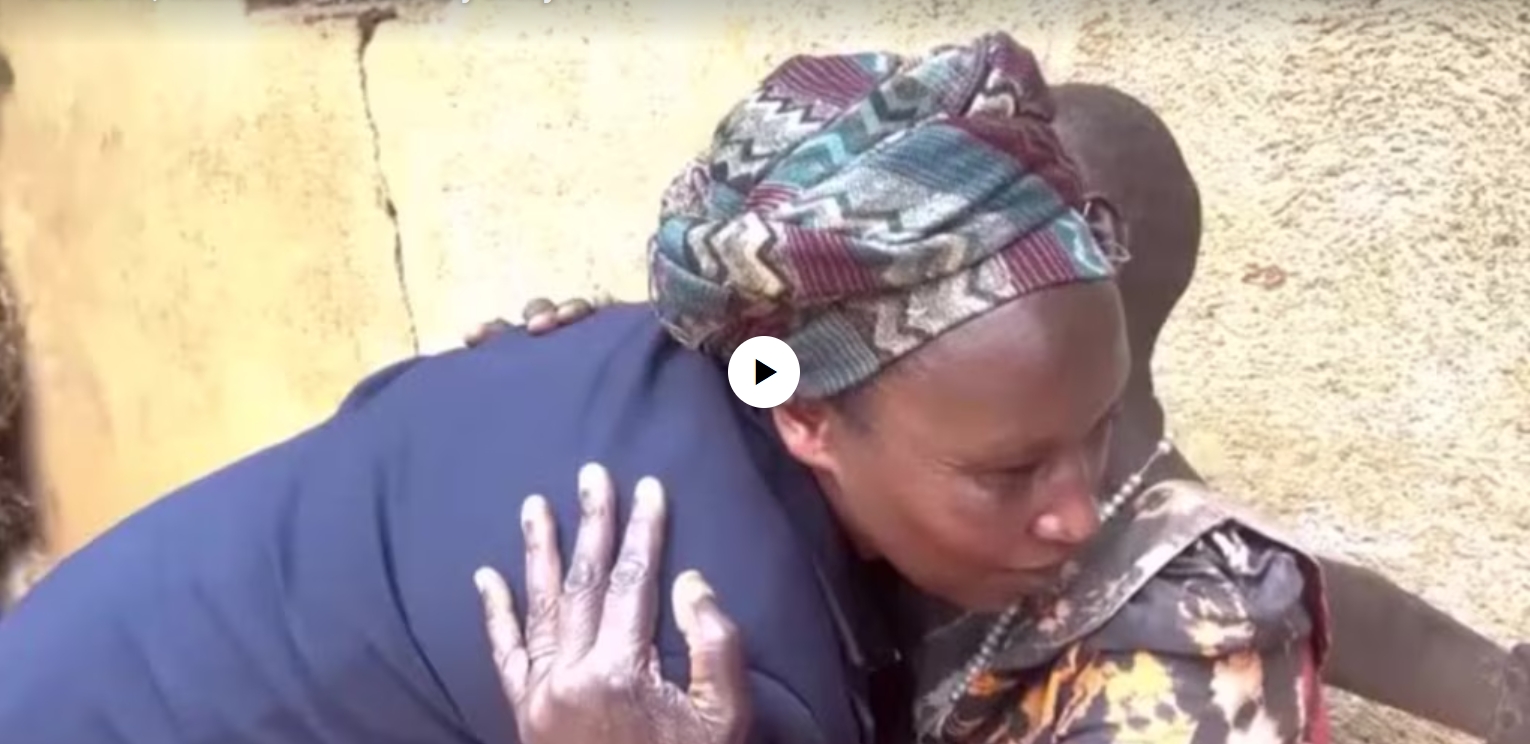The hug between the two women lasted a long time.
An 85-year-old woman put her arms around a younger woman she had not seen for months. She asked her a series of questions in a song-like way.
How are you? How is your husband? How are the kids? How are your cows? Are you on good terms with your neighbors?
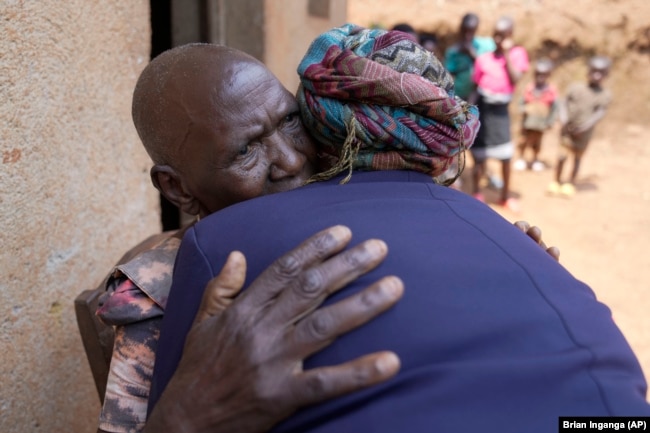
Prudencienne Namukobwa stopped the song to permit the younger woman to answer. The pattern is familiar to her because she has been doing it for many years.
“Ego,” Emelyne Nzeyimana answered over and over in the local Kirundi language. “Yes.”
The two women were performing a greeting of their ancestors.
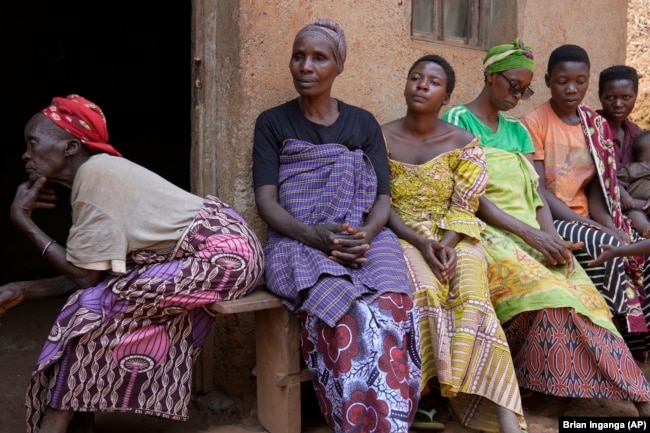
A group of neighbors watched with surprise. Many were seeing their first performance of the traditional form of musical greeting, known to Burundians as akazehe. It is performed only by women.
Akazehe is becoming less common. But cultural officials, teachers and others say the greeting is worth keeping.
During disease outbreaks, public health officials urged people to limit close contact. Such recommendations affected the greeting.
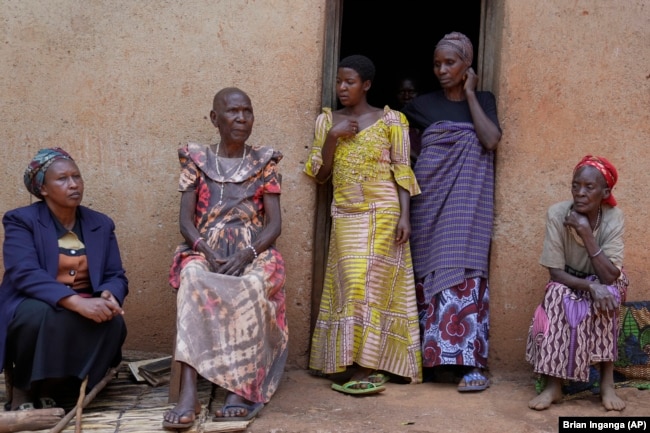
Among young people in Burundi, it is hard to find those who know what akazehe means. It is even harder to find someone who can perform it.
Sandrine Kitonze is a culture advisor in the office of the governor of Ngozi province. She said people stopped doing the greeting, even though akazehe “made you feel that the person who greets you loves you.”
Some experts have noted akazehe could help lead to a feeling of unity in Burundi. The country is now largely peaceful following a period of deadly civil war and political unrest.
Annonciate Baragahorana is a teacher in the province of Bujumbura. She told the Associated Press that when she visited the central plateau area as a young girl, she was surprised and a little uneasy when women hugged and greeted her in this song-like way. “I wanted her to finish quickly, even if it was sweet words to hear.”
Baragahorana said she feared akazehe may disappear because of the fear of spreading diseases. Now, she said, “people greet each other from a distance.”
Namukobwa lives in Ngozi a hilly province in Burundi’s north. On a recent morning, she was sitting on a mat outside when she saw Nzeyimana, the visiting daughter of a former neighbor. She rose and welcomed the woman as if she were her own daughter.
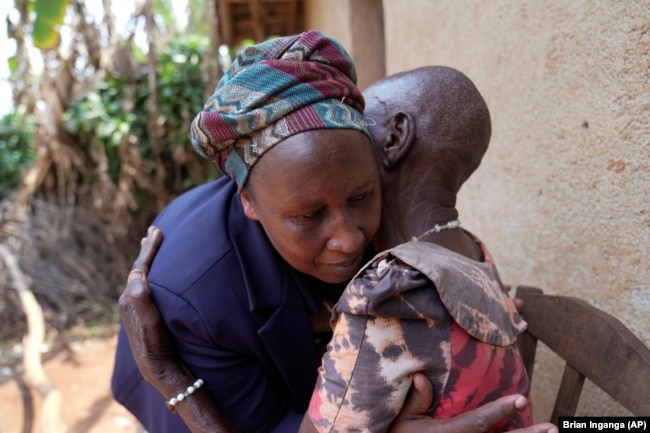
“I felt that the first love she had when I was just a girl is kept until now,” said Nzeyimana, a broadcaster in Ngozi. “This means that I am still her daughter.”
Isaac Nikobiba is an anthropologist in Bujumbura. He said a custom such as akazehe should be kept at all costs because of its role in protecting families. Among communities that practice it, women could tell elder women about any problems at home. That could bring support from the extended family, he said.
Nikobiba said the threat to akazehe is part of other effects of modernization.
He explained how the custom worked to help younger women. “Normally, before starting a home in traditional Burundi, the girl would first receive advice from her father’s sister. She would tell the girl, ‘I will come to greet you after a certain time.’”
Nikobiba added that during that greeting, the young woman could report any problems. Support from elders would help them develop better mental health for the young family, he said.
Floride Ntakirutimana was among the small group of women who gathered to watch Namukobwa greeting Nzeyimana. She said she grew up in a farming community where no mother could perform akazehe. She only heard of it through radio programs.
After watching, she wanted to learn akazehe herself. “I feel better, Ntakirutimana said, “and I saw that it was good.”
I’m Jill Robbins.
Rodney Muhumuza and Gaspard Maheburwa reported this story for the Associated Press. Jill Robbins adapted it for Learning English.
______________________________________________
Words in This Story
hug – n. the act of putting your arms around someone or something as a way of showing love or friendship
greeting – n. something that is said or done to show people that you are happy to meet or see them
plateau – n. a large flat area of land that is higher than other areas of land that surround it
anthropologist – n. a person who studies human races, origins, societies, and cultures
